
by Natalie Devitt
The second season of The Outer Limits is now underway! As someone who is pretty devoted to her favorite shows, I anticipated the return of the science fiction anthology show with excitement. But something seems different. Could it be the result of the departure of producer Joseph Stefano, who contributed his creative vision and a number of scripts? Maybe changes in the show’s budget, time slot or its music? Read on, and tell me if you share my concern.

Soldier, by Harlan Ellison
Broken Arrow (1956-58)’s Michael Ansara plays Qarlo, a futuristic soldier who is unexpectedly teleported to the present day while in the middle of a conflict. Wandering the streets armed and dressed in plate armor with a space helmet, it does not take long before he ends up in a psychiatric hospital. There, one of the men assigned to Qarlo’s case is philologist Tom Kagan, played by Lloyd Nolan of 1957’s film adaptation of Peyton Place. Kagan tries to understand Qarlo’s language in order to interview him.

Unaware of Qarlo’s origins, Kagan soon realizes that the strange man has heightened senses and knows about things that scientists predict will occur in 1800 years. Additionally, the philologist determines that Qarlo did not come from another country, but another time. Qarlo simply views other living beings as either enemies or not enemies, and that “he doesn’t understand hate, or love, or compassion.” Kagan figures that this is because Qarlo “is really a Soldier. There is nothing about him that is not a Soldier. He is the perfect, ultimate infantry man. I don’t think he knows anything else.”
Even after taking all of this into consideration, Kagan vows “that given enough time, I’ll establish absolute communication“ with Qarlo. He thinks that one month should do the trick. Kagan requests that Qarlo be released into his care and he is reluctantly granted permission. Despite any initial reservations by his superiors and his loved ones, Kagan’s adorable family welcomes Qarlo into their home with open arms. Fascinated by their guest, the Kagan children are forbidden to tell their friends about Qarlo. But despite Kagan’s best efforts to keep his guest a secret, it does not take long for an enemy from Qarlo’s time to locate him.
Soldier certainly gets the month and the season off to a great start. While not quite the show’s finest hour, it certainly is one of the better entries. Gone is the man in the alien costume I have come to expect from the series. The sequences showing Qarlo in the future are beautifully filmed on impressive sets, and the special effects are effective. The makeup and costumes are not quite as not as strong as other aspects of the episode, but fine for a weekly program. The writing is exceptionally strong and provided by Harlan Ellison, author of the short story “Soldier from Tomorrow”, which served as a basis for episode. All of the actors deliver convincing performances. Overall, I give Soldier fours stars for an imaginative and well-crafted hour of television programming.
Cold Hands, Warm Heart, by Dan Ullman

In Cold Hands, Warm Heart, William Shatner (The Twilight Zone‘s Nick of Time and Nightmare at 20,000 Feet) is the charismatic Colonel Jeff Barton, who has just arrived home after becoming the first man to travel to Venus. Not long after being back, he is promoted and begins preparing for his next assignment, Project Vulcan, which will send him on a journey to Mars.
In the role of Jeff’s adoring wife, Ann, is Geraldine Brooks, making her second appearance on The Outer Limits after last season’s The Architects of Fear. Ann notices that Jeff has not been himself since his return. Whether he’s chugging scorching hot coffee or barricading himself in the local steam room, he just cannot seem to stay warm.
Jeff’s wife is not the only person to notice that something is off. After seeking medical attention, Jeff learns that his body temperature is only 91 degrees and he is told, “the whole chemistry of your body is changing.“ Soon, the skin on his hands begins to change, so much so that he eventually starts developing webbing between his fingers. Blood test reveals that “his blood isn’t human” and is actually impossible to classify because it does not seem to match any animal known to man. But what is perhaps most traumatic for Jeff is that he is haunted by terrifying visions of an extraterrestrial he encountered while in space.
This installment of the series was a bit of a disappointment, especially after watching Soldier just the week before. It does, however, deliver some unexpected laughs with a rather over-the-top performance by William Shatner and one goofy-looking alien, complete with glowing eyes, scales and long, flowing locks of hair. Special effects are not nearly as impressive as the show's vastly superior season premiere.
Brooks’ performance gives the episode a much needed boost. I know I often complain about romantic subplots, but I think the bond between Jeff and Ann is the episode’s greatest strength. On the topic of the episode’s writing, it is a little frustrating that it is never really explained what is really wrong with Jeff. I was waiting for some sort of payoff at the end, but the story lacks a satisfying conclusion. Taking all of these factors into consideration, two stars is all I can offer to Cold Hands, Warm Heart.
Behold, Eck!, by John Mantley

Veteran actor Peter Lind Hayes (The 5000 Fingers of Doctor T (1953)) plays Doctor James Stone, who arrives at work one morning to find that someone has ransacked his lab. To get a better look at things, he puts on a pair of special glasses that he designed from meteoric quartz. He discovers a two-dimensional creature, Eck, that can only be seen while wearing the glasses. The being attacks Stone, stealing his glasses. Eck also takes a list of the names of Doctor Stone’s clients who own matching pairs. Now, Doctor Stone is in a race against time to track down the patients before Eck gets to them. The only problem is that nobody believes Doctor Stone. Even his own brother thinks he is sick.
Behold, Eck! is pretty slow moving. It probably does not help matters that I hear the actors talking about action, but I do not see much. The episode tries to balance some serious and more light-hearted moments, though not very successfully. Most performances are adequate, but the real problem here is the writing. To make matters worse, a lot of things mentioned by characters just do not make much sense. One thing the episode has going for it is the sequence where Eck sparkles like a Christmas tree following an accident that made it luminous. Maybe if you do not give the episode too much thought, it works as pure escapism, but I am leaning towards two stars for Behold, Eck!.
Expanding Human, by Francis Cockrell

When someone breaks into a university lab, the authorities arrive on the scene, where they determine that someone has ripped the lab’s door off its hinges using only their bare hands. Inside the lab, they discover the body of a university night watchman. Upon further inspection of the lab, it is noted that “consciousness expanding“ drugs are missing. The same drugs that were recently being used for experiments that became part of a scandal that tarnished the university‘s reputation, resulting in threats to the school’s funding.
Those incidents are followed by more seemingly unexplainable events locally, all of which involve someone with incredible strength and/or advanced intelligence. It is not long before all signs point to one man in particular, Professor Roy Clinton, played by former child star Skip Homeier. The only problem is he has no memory of any involvement. Turns out, Clinton has been conducting some experiments of his own, using the drugs that he has been stealing from the university. Partaking of the substances not only improve his consciousness, but also his strength due to the fact that he transforms into a nearly indestructible monster.
This update of Strange Case of Dr. Jekyll and Mr. Hyde , filled with references to Timothy Leary, has potential that it never really fulfills. It does not help that the episode feels a little padded to add time. One thing it has going for it is that Canadian actor James Doohan (The Twilight Zone‘s Valley of the Shadow) is quite convincing in his role as Lieutenant Branch. Skip Homeier, on the other hand, is believable in his role as Clinton, until he transforms into the creature with gigantic cheekbones and ridges on the sides of his forehead, then things begin to fall apart very quickly. Though, I do have to give Expanding Human some credit for attempting to tackle such timely subject matter, so it earns just two and half stars.

As you can see, after the first episode, there was a sudden drop in the show’s quality. To recap things briefly, this past month only gave us one memorable episode, Soldier. Cold Hands, Warm Heart was a letdown, Behold, Eck! was downright ridiculous, but Expanding Human had its moments. I consider myself a loyal viewer; is it premature to worry about the direction The Outer Limits seems to be headed?
[New to the Journey? Read this for a brief introduction!]
Follow on BlueSky

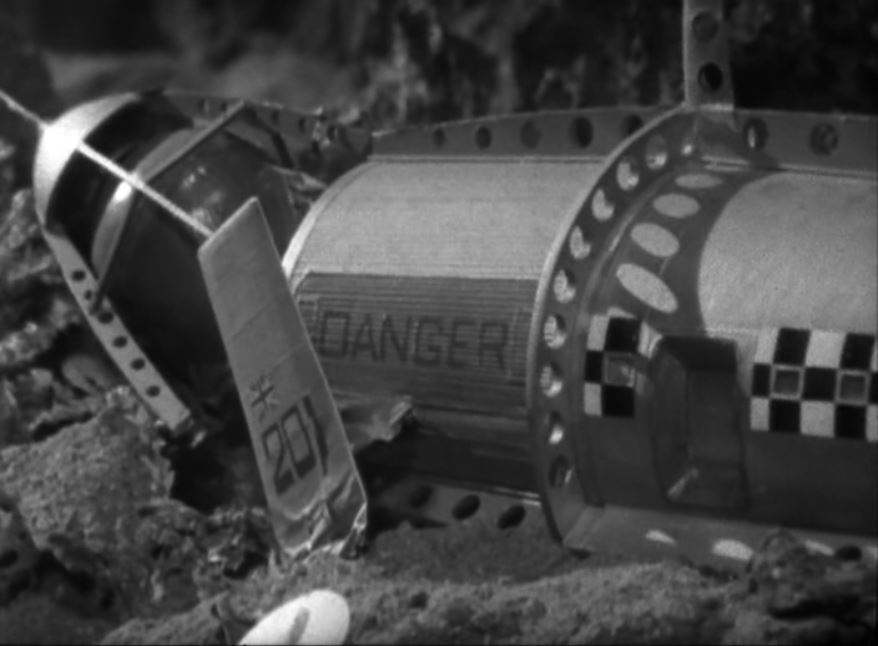

![[January 10, 1965] A Little Breather (<i>Doctor Who</i>: The Rescue)](https://galacticjourney.org/wp-content/uploads/2020/01/650110koquillion-672x372.jpg)
![[December 27th, 1964] No tears, no regrets, no anxieties (<i>Doctor Who</i>: The Dalek Invasion of Earth, Parts 4-6)](https://galacticjourney.org/wp-content/uploads/2019/12/641227roadblock-672x372.jpg)
![[December 9, 1964] Out of Left Field (<i>The Outer Limits</i>, Season Two, Episodes 9-12)](https://galacticjourney.org/wp-content/uploads/2019/12/641209a-672x372.jpg)

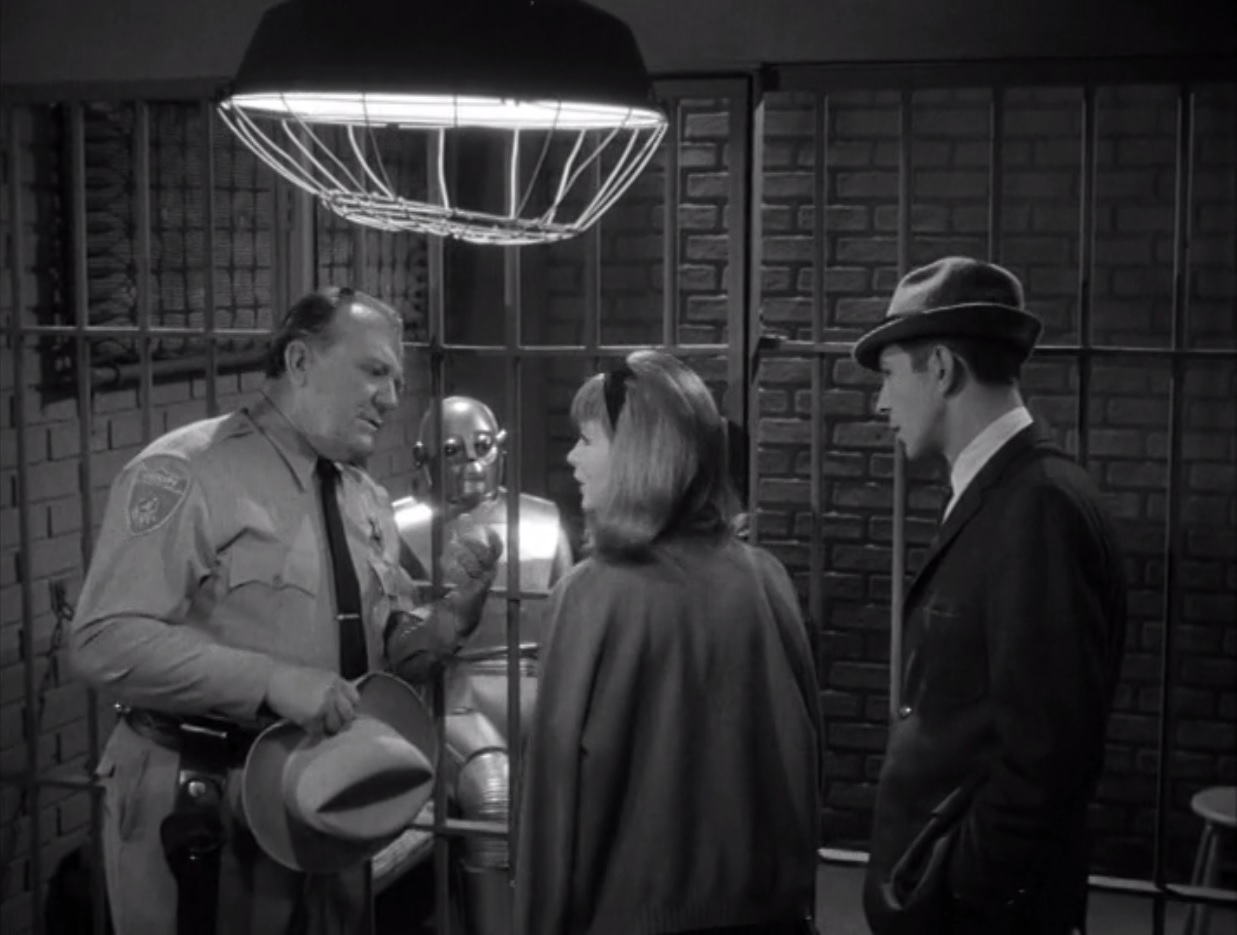
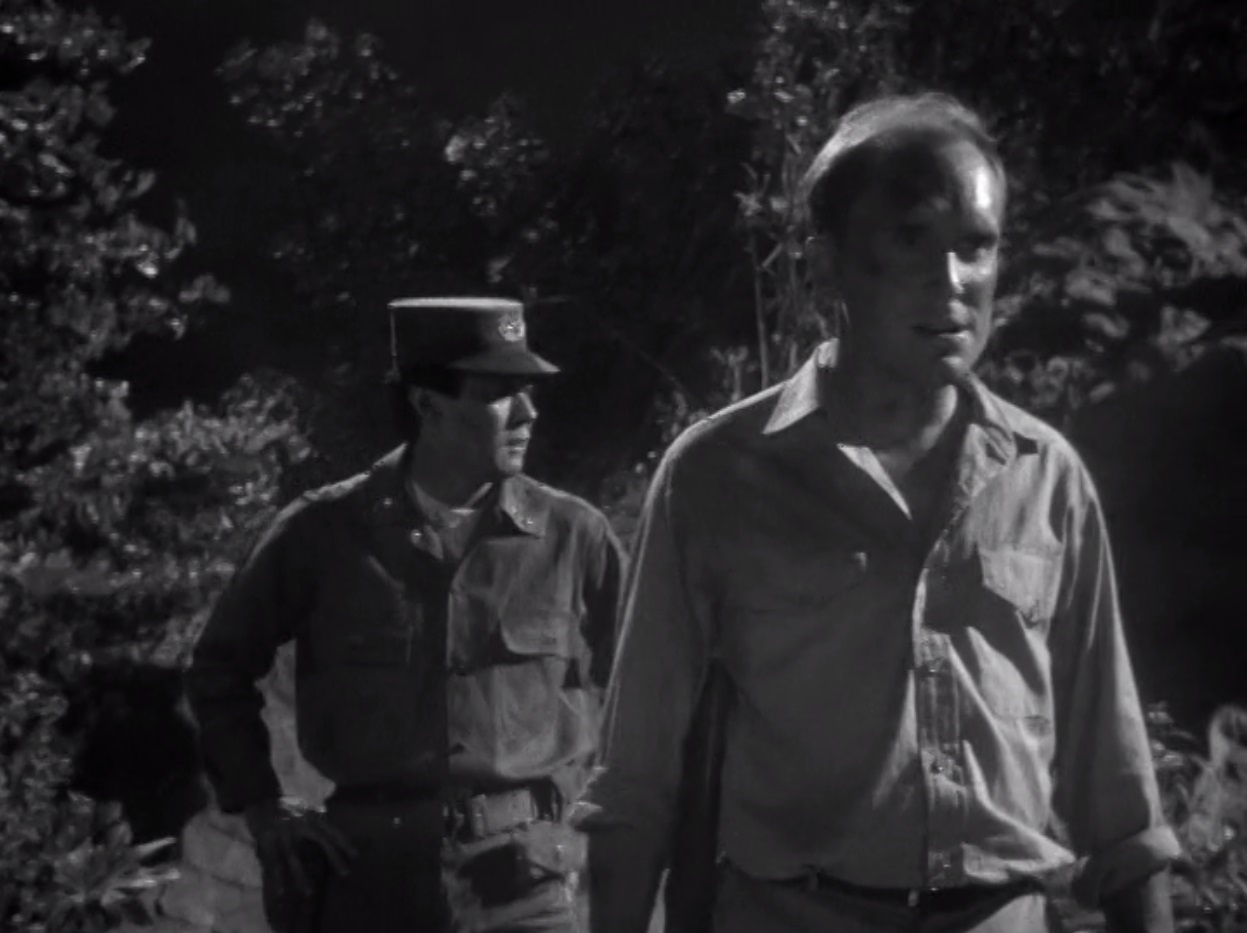
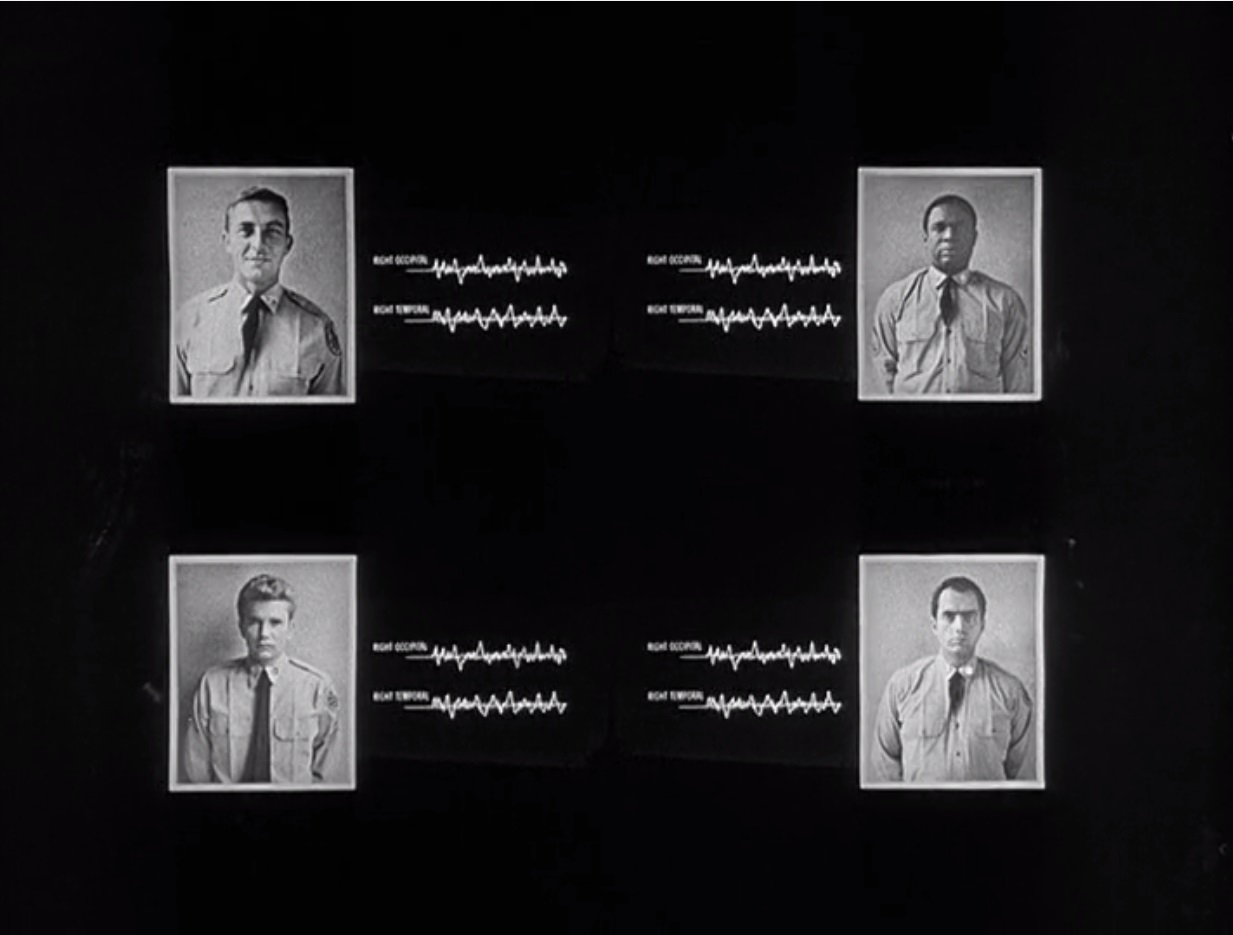
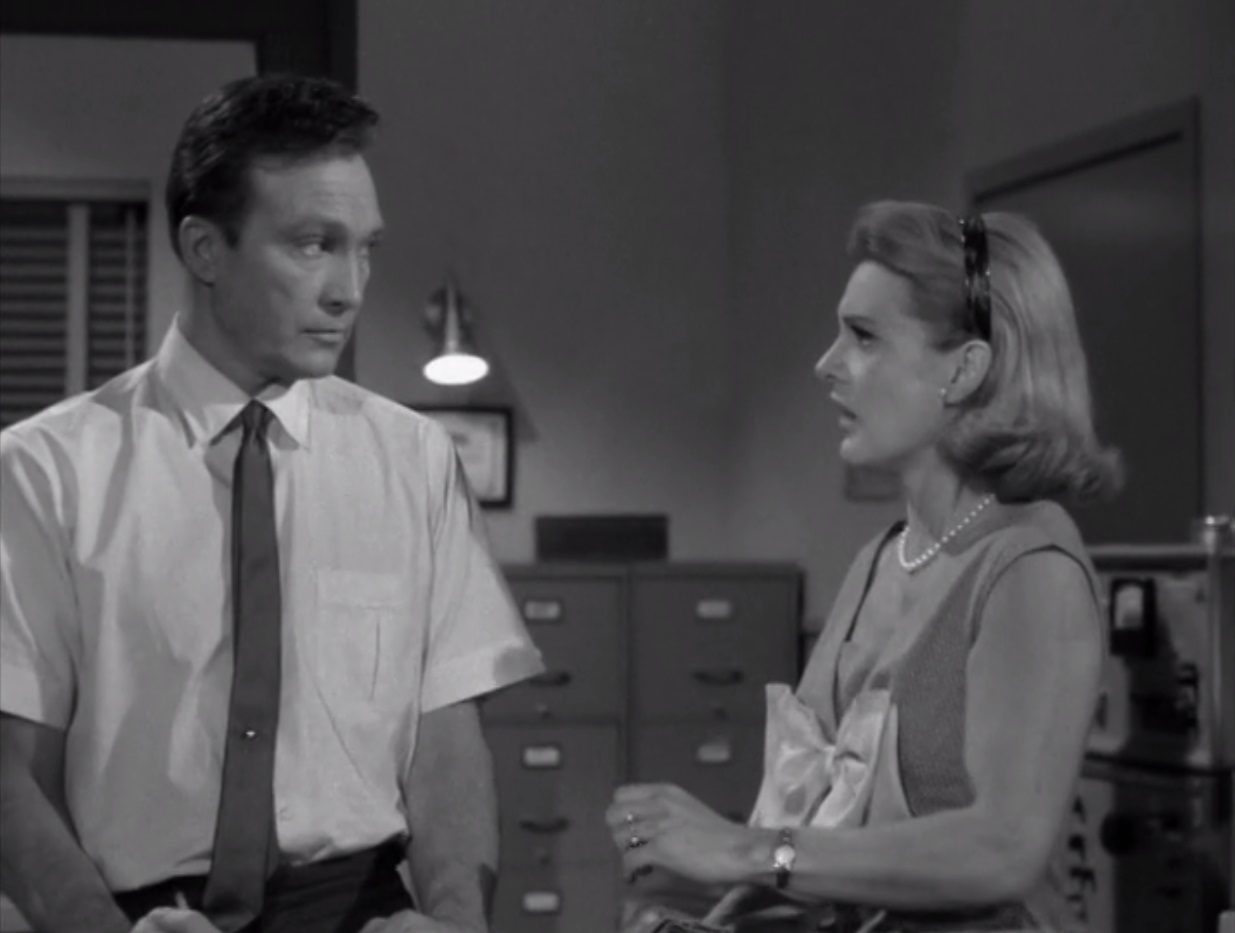


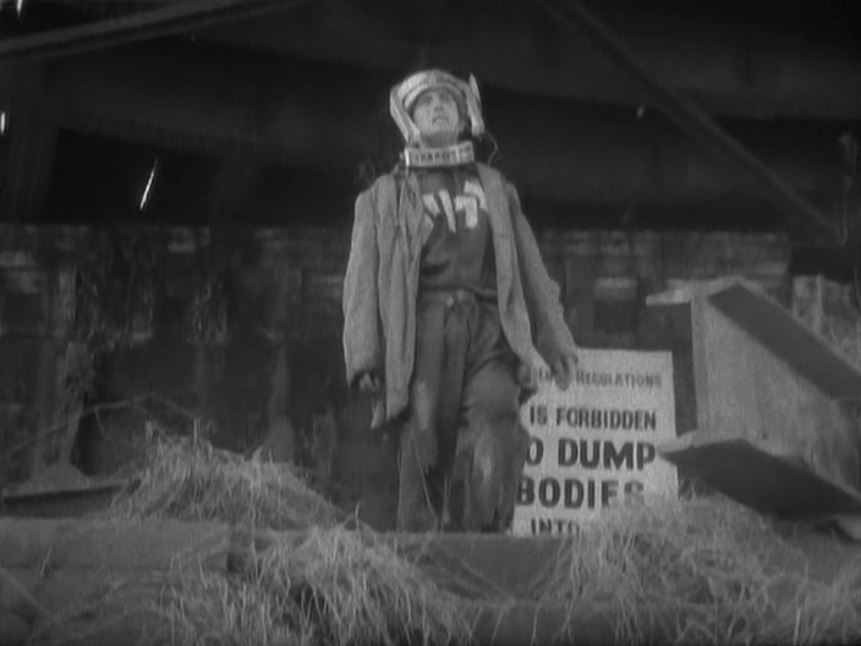
![[November 17, 1964] A Continuing Adventure In Space And Time (<i>Doctor Who</i>: Planet Of Giants)](https://galacticjourney.org/wp-content/uploads/2019/11/641117bigdeadbloke-672x372.jpg)
![[November 13, 1964] Beat the Devil (<i>The Outer Limits</i>, Season Two, Episodes 5-8)](https://galacticjourney.org/wp-content/uploads/2019/11/641113a-672x372.jpg)





![[October 14, 1964] Back in Session? (<i>The Outer Limits</i>, Season 2, Episodes 1-4)](https://galacticjourney.org/wp-content/uploads/2019/10/641014b-672x372.jpg)







![[14th September, 1964] Hold Off The Execution (<i>Doctor Who</i>: The Reign Of Terror [Part 2]))](https://galacticjourney.org/wp-content/uploads/2019/09/640914pictureofmeetinggoeshere-672x372.jpg)
![[September 10, 1964] Bewitched, Bothered and Bewildered (September 1964 Television Debuts)](https://galacticjourney.org/wp-content/uploads/2019/09/640910munsters-500x372.jpg)
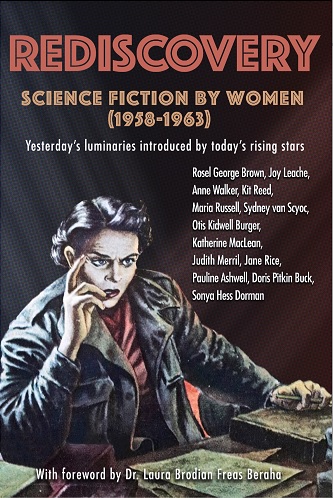














![[August 23rd, 1964] The Reign Of Boredom (<i>Doctor Who</i>: The Reign Of Terror [Part 1])](https://galacticjourney.org/wp-content/uploads/2019/08/640823allisforgiven-672x372.jpg)